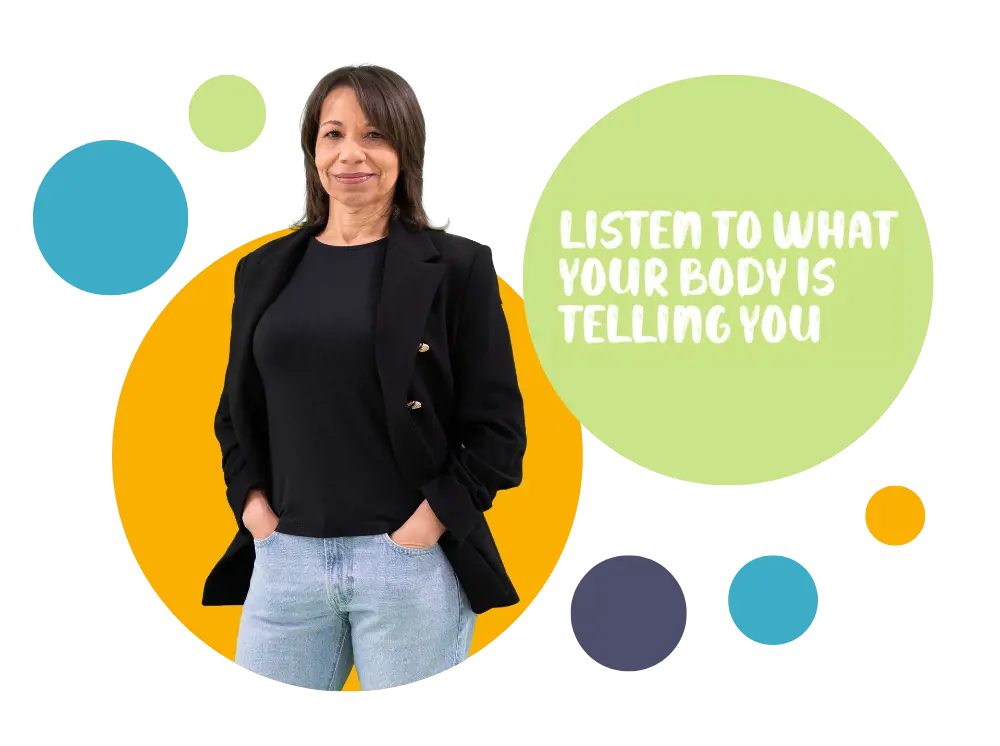Listen to what your body is telling you
Ovarian cancer affects the ovaries, which are the two small organs that store the eggs in the female reproductive system. It mostly affects women over the age of 50, but can affect anyone with ovaries.

Ovarian cancer affects the ovaries, which are the two small organs that store the eggs in the female reproductive system. It mostly affects women over the age of 50, but can affect anyone with ovaries.

Because its symptoms are very common of other less-serious conditions, it can often be diagnosed late. But, an early diagnosis can mean it is more treatable.
There are four main ovarian cancer symptoms, which include frequently (roughly 12 or more times a month) having:
- A swollen tummy or feeling bloated
- Pain or tenderness in your tummy to the top of your thighs or the area between the hips (pelvis)
- No appetite or feeling full quickly after eating
- An urgent need to wee or wee more often
- Indigestion, constipation and/or diarrhoea
- Back pain
- Feeling tired all the time
- Losing weight without trying
- Bleeding from the vagina after the menopause
If you find yourself suffering from any of these, it’s probably nothing. But it’s always best to speak to your GP.
Ovarian cancer rates are 17% higher in the North West and 13% higher in North Wales compared to the national average.
That’s why it’s so important to listen to your body and get any symptoms checked by a GP. Because if caught early, ovarian cancer is more treatable.
Your risk of ovarian cancer increases with age, with more than half of all cases in the UK being women aged 65 and over.
Your risk may be increased if you:
- Inherited a faulty gene, such as the BRCA genes or those linked to Lynch syndrome
- Had breast or bowel cancer
- Had radiotherapy treatment for a previous cancer
- Have endometriosis or diabetes
- Started your periods young, went through menopause late (over 55), or have not had a baby – this is because you may have released more eggs (ovulated more)
- Have never used any hormonal contraception such as the pill or an implant
- Are taking hormone replacement therapy (HRT)
- Are overweight and/or smoke
If you or someone you know has been experiencing these common symptoms, it’s important to listen to what your body could be trying to tell you.
Although it’s probably nothing, it’s always best to get them checked. Because the earlier ovarian cancer is caught, the more treatable it is.